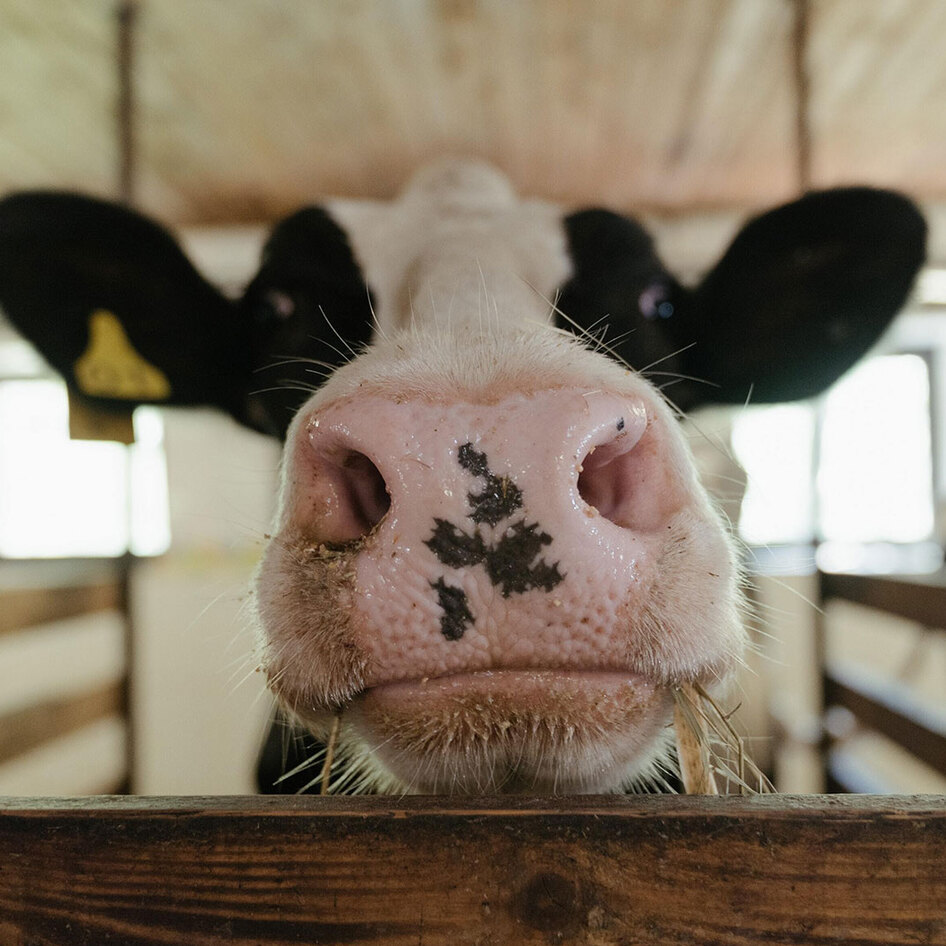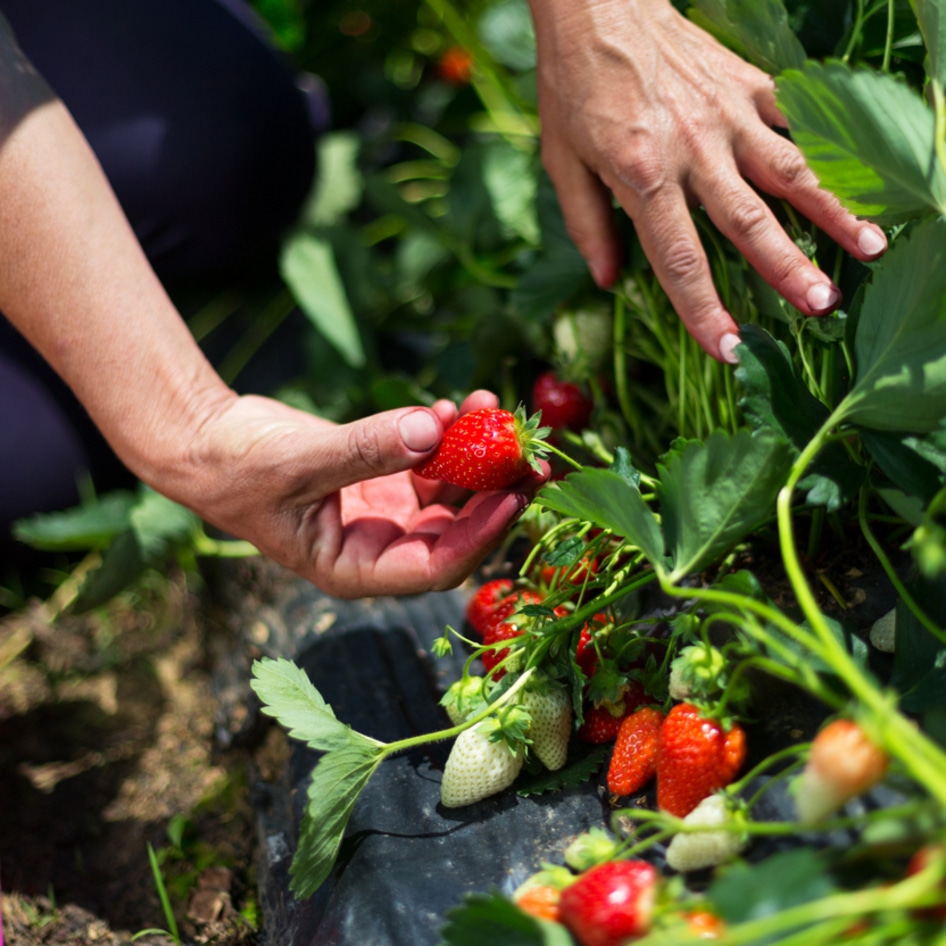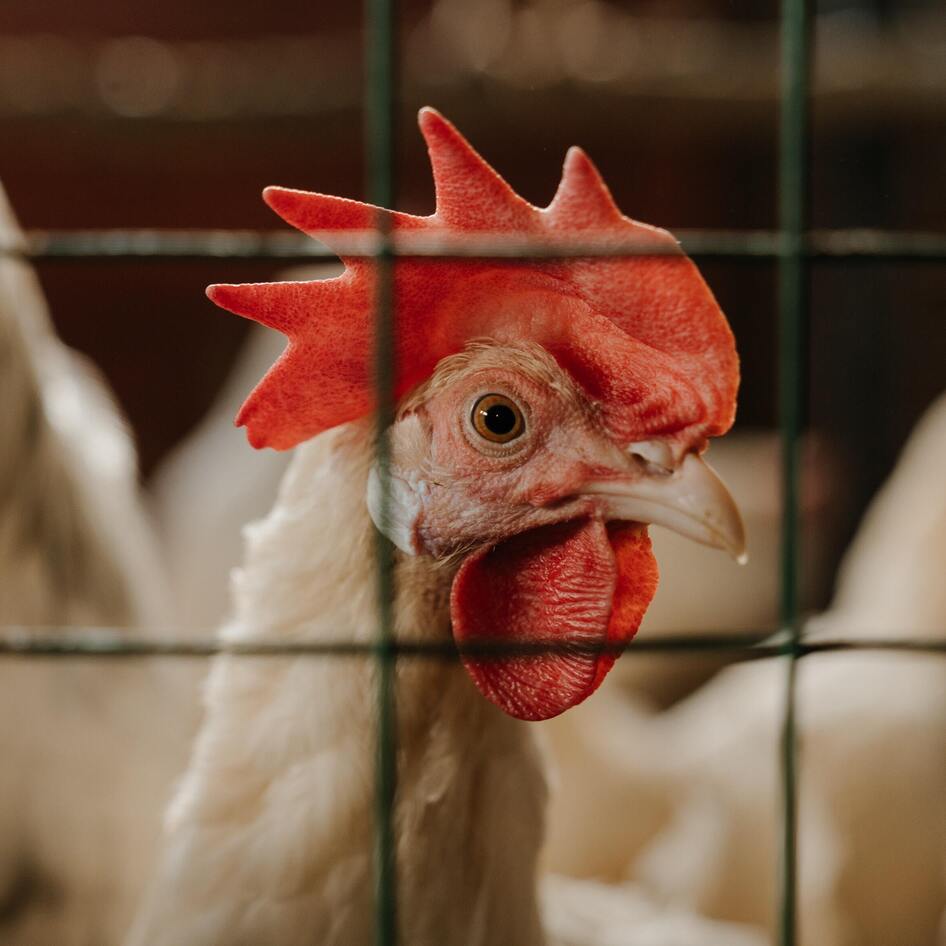Farm Runoff Could Spread Superbugs, Scientists Say
New research suggests that environmental factors may lead to the rise of drug-resistant pathogens.
May 9, 2012
While scientists have long warned against the public-health dangers of using antibiotics in livestock, several new studies are pointing to an often-overlooked byproduct of this widespread agricultural practice—one that may contribute to the rise of antibiotic-resistant bacteria. The Huffington Post reports that researchers are growing concerned about the presence of drug-resistant superbugs in the soil and wastewater surrounding feedlots, which often contain agricultural waste. Because this runoff is frequently used on crops, researchers fear harmful pathogens could potentially contaminate drinking water or produce. “The new research really points out that antibiotics aren’t just affecting the bacteria while they’re inside the pig,” says Gail Hansen, senior officer with the Pew Campaign on Human Health and Industrial Farming.
JUMP TO ... Latest News | Recipes | Guides | Health | Shop







